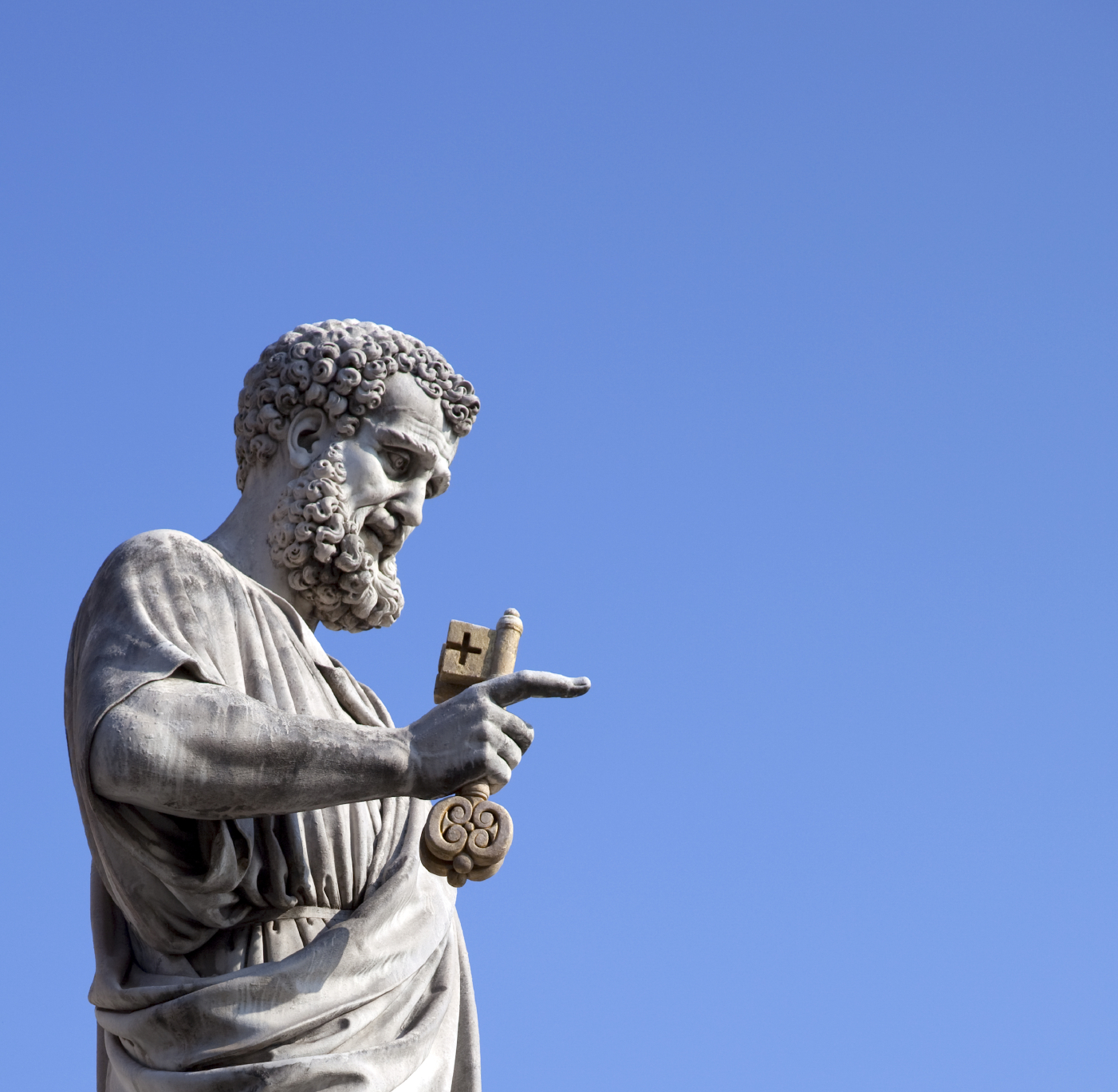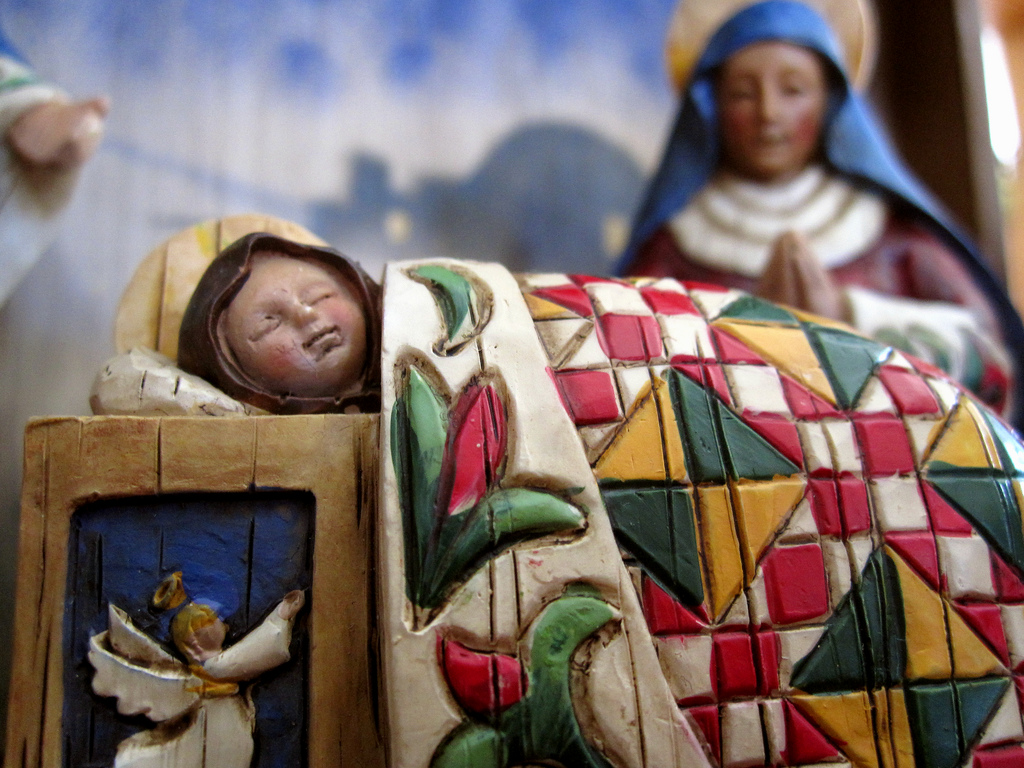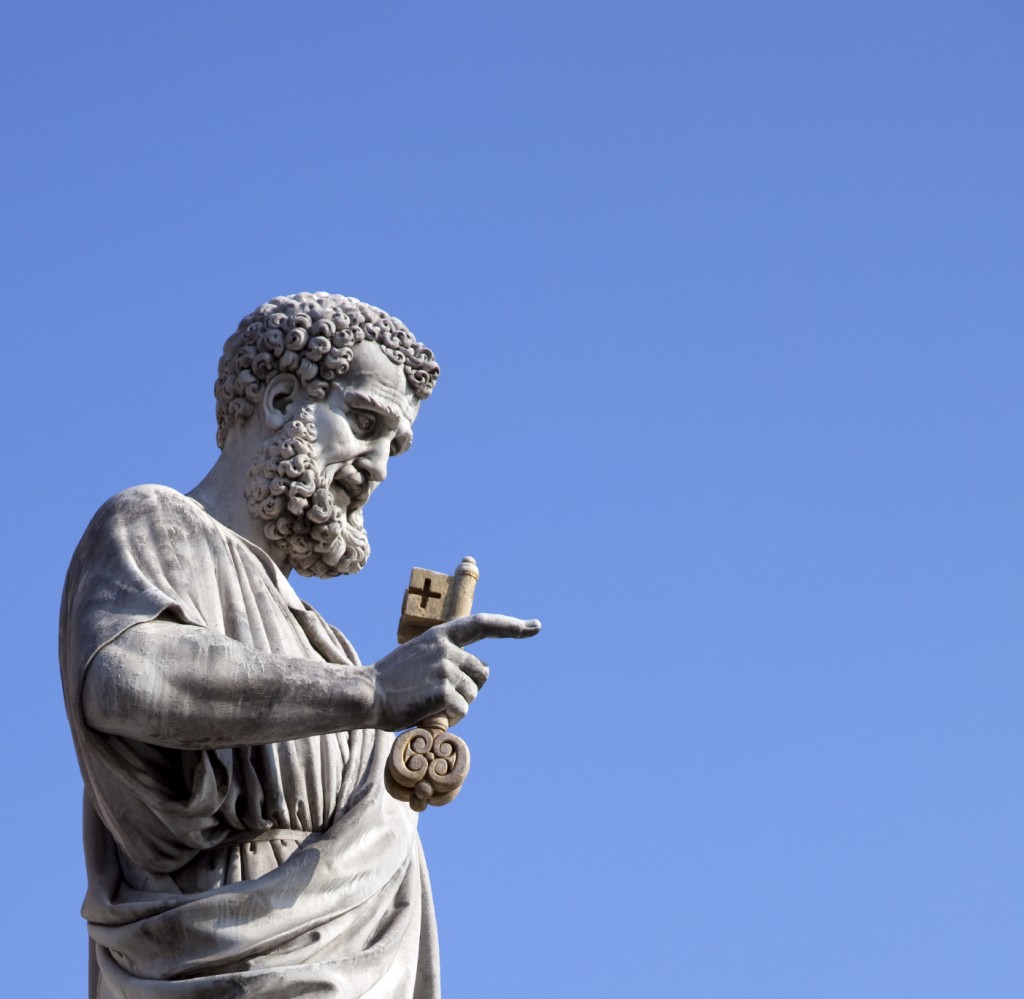This is part of a series studying Peter’s life and ministry. Click here for the entire series.
The setting is the Garden of Gethsemane
After Jesus put away the towel and basin of water and ate the Passover meal with His followers, He taught them a great deal about what would happen in the days that followed (John 14 – 17). Later that evening Jesus and the disciples left the Passover meal, crossed the Kidron Valley on the east side of Jerusalem and entered an olive grove (John 18:1) which was called Gethsemane (Matthew 26:36), a name which meant “oil press.”
He left most of His followers in a cluster in the olive grove and retreated further into the grove with His inner circle—Peter, James and John (Matthew 26:37). Then He walked a little further before becoming totally overwhelmed with grief knowing what lay ahead (vs. 39) and collapsed face down on the ground.
There is no doubt Jesus knew the physical torture He was about to endure. But it is clear that His greatest suffering was knowing He would have to endure, or absorb, God’s “wrath” or extreme displeasure over the sins of everyone in the world and in so doing His Father would literally have to turn His back on Him (Matthew 27:46). Luke tells us an angel came here to the garden and “strengthened” Him (22:43).
Shortly, He returned to the three followers and found them sleeping, as Luke writes “exhausted from sorrow” (22:45). Matthew and Mark record that Jesus specifically addressed Peter, “Simon, are you asleep? Could you not keep watch for one hour? Watch and pray so that you will not fall into temptation. The spirit is willing, but the body is weak” (Mark 14:37-38; see also Matthew 26:40-41).
Just a few hours earlier Peter had said he would defend Jesus, even if that meant going to prison or being put to death, but now he couldn’t even keep his eyelids open. “Be vigilant and pray,” Jesus said, “to keep from being overcome by the temptation to go back on your commitment to me. Peter, I know you have good intentions but right now your physical body is winning the battle” (paraphrase of Mark 14:37-38).
Did you ever stop to think that Jesus absorbed the “body blows” of God’s wrath for your sin, blows that rightfully you should have felt?
How does that change your view of Easter?






















